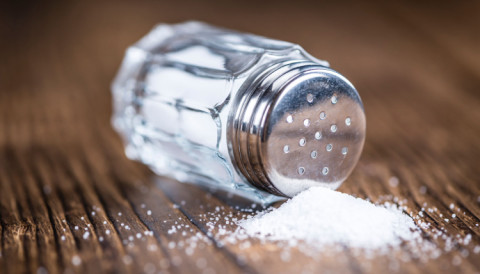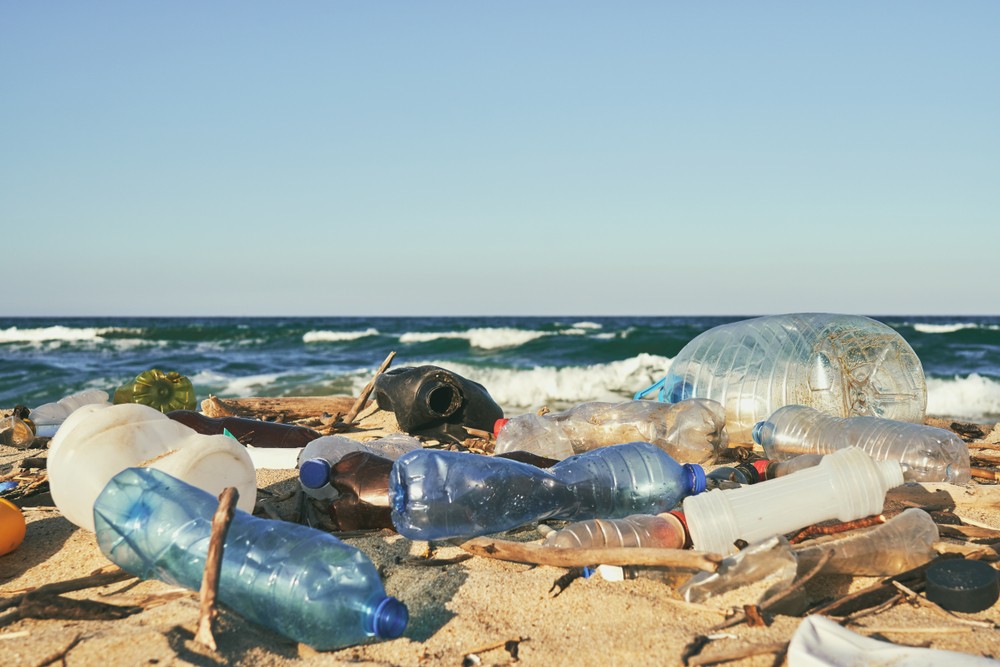New Study Reveals That Asian Salt Contains Highest Amount Of Plastic Contamination
Indonesian sea salt was found to have the worst amount of plastic.
A recent study by non-governmental organisation Greenpeace revealed that over 90% of salt brands globally have been found to contain microplastic particles
Of 39 salt brands tested from 21 countries, 36 had microplastics, according to the analysis published in peer-reviewed journal Environmental Science and Technology.
"Recent studies have found plastics in seafood, wildlife, tap water, and now in salt. It is clear that there is no escape from this plastics crisis, especially as it continues to leak into our waterways and oceans," said Greenpeace East Asia Campaigner Mikyoung Kim.
The new analysis estimated that if each person eats 10 grammes of salt per day, the average adult could consume about 2,000 microplastics each year through salt alone.
Asian salt brands were found to have the highest level of plastic contamination
Indonesian sea salt tested highest for plastic pollution, with the country being the second highest plastic emitter into the world's oceans.
According to the study, the three brands that did not contain plastic were:
- A refined sea salt from Taiwan,
- A refined rock salt from China, and
- An unrefined sea salt from France.
Sea salt ranked the highest in plastic contamination, followed by lake salt, then rock salt. But what can we do about it?
"In order to limit our exposure to microplastics, preventative measures are required, such as controlling the environmental discharge of mismanaged plastics and more importantly, reducing plastic waste," said Seung-Kyu Kim, a marine science professor and author of the study.
"We need to stop plastic pollution at its source. For the health of people and our environment, it's incredibly important that corporations reduce their reliance on throwaway plastics immediately," added Mikyoung Kim.
Earlier this month, Nestlé, Coca-Cola, and PepsiCo were found to be the worst plastic polluting companies worldwide that heavily relied on single-use plastics.

